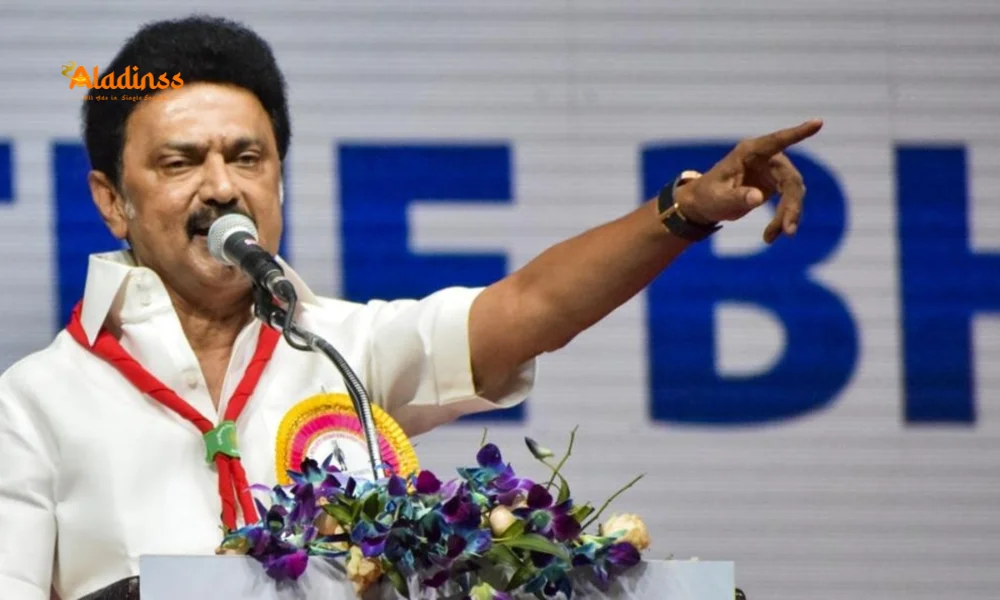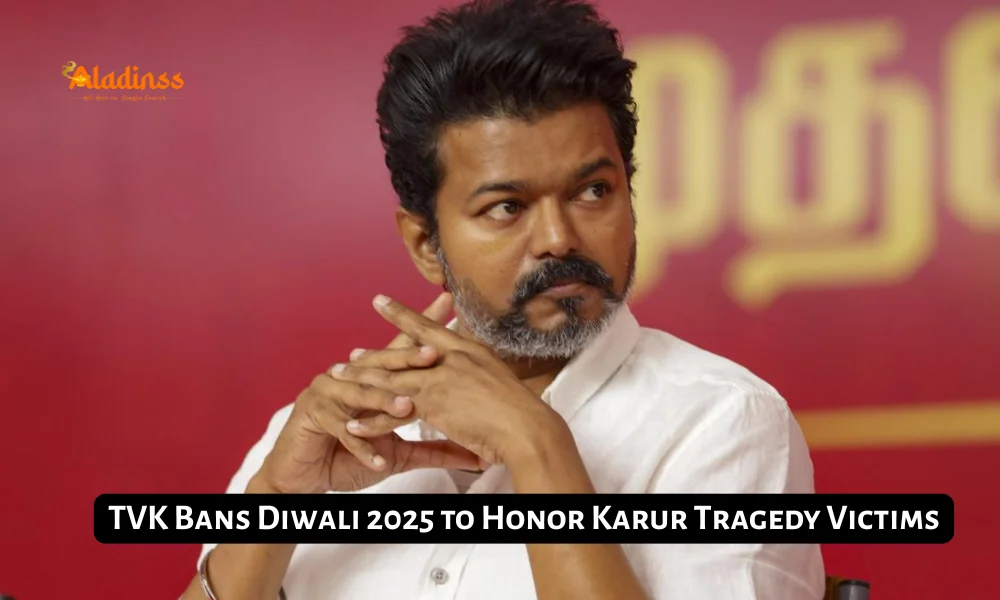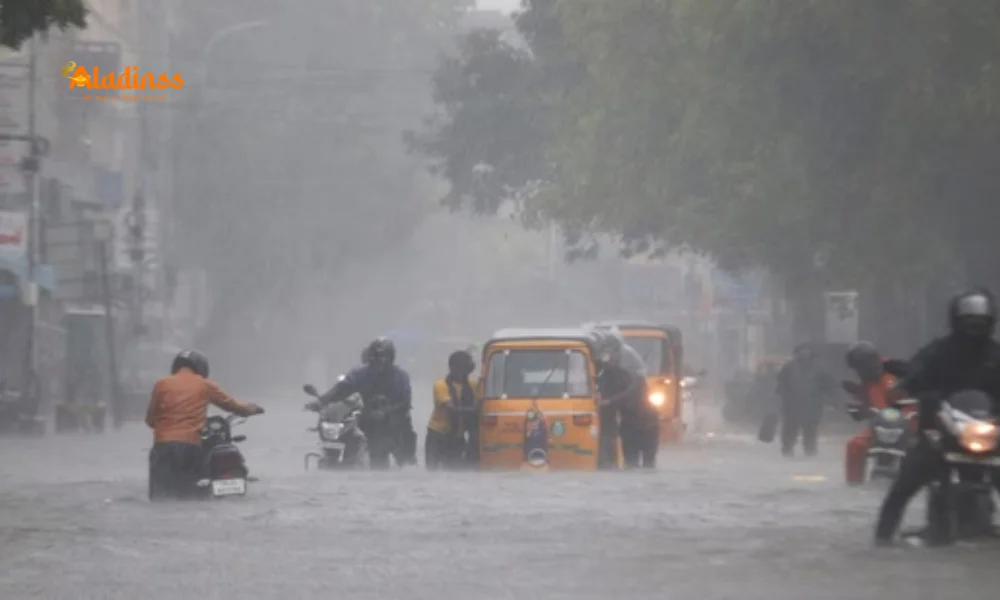India Needs to Be With US, Not Russia: Trump Aide on Modi-Putin Meet
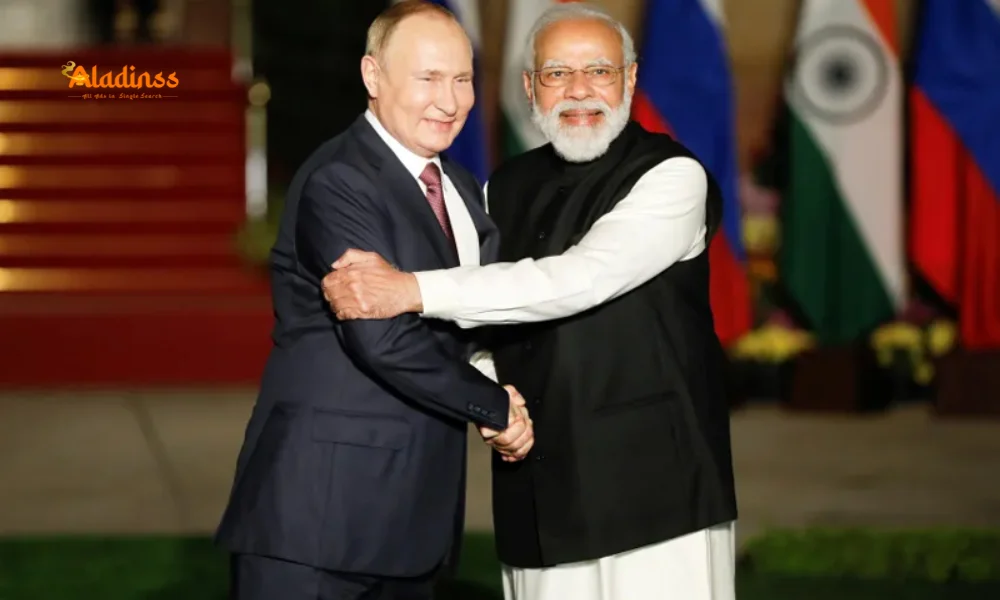
India Needs to Be With US, Not Russia: Trump Aide on Modi-Putin Meet
In a sharp escalation of diplomatic rhetoric, Peter Navarro, trade adviser to U.S. President Donald Trump, criticized India’s continued engagement with Russia, particularly Prime Minister Narendra Modi’s recent meetings with Russian President Vladimir Putin and Chinese President Xi Jinping at the Shanghai Cooperation Organisation (SCO) summit in Tianjin, China, on September 1, 2025. Navarro labeled the interactions a “shame,” urging India to align with the United States instead of Russia. His remarks, made on September 2, 2025, reflect ongoing tensions over India’s trade ties with Moscow, especially its purchase of discounted Russian crude oil, which Navarro claims fuels Russia’s war in Ukraine. The comments come amid the U.S. imposition of 50% tariffs on Indian goods, a move that has strained India-U.S. relations and sparked debates over global trade and geopolitical alignments.
Navarro’s Criticism and the SCO Summit
Navarro’s statements were prompted by Prime Minister Modi’s participation in the SCO summit, where he engaged in high-profile meetings with Putin and Xi. “It is a shame to see [PM] Modi getting in bed with Xi Jinping and Putin. I’m not sure what he’s thinking. We hope he comes around to seeing that he needs to be with us and not Russia,” Navarro told reporters. The SCO, a Eurasian political and economic bloc, has increasingly positioned itself as a counterweight to Western alliances, with leaders advocating for a multipolar world order. Modi’s visit to China, his first in seven years, underscored India’s commitment to maintaining strategic autonomy through engagements with both Western and non-Western powers.
The visuals of Modi, Putin, and Xi exchanging handshakes and hugs at the summit drew global attention, particularly in Washington, where the Trump administration has been vocal about India’s role in global geopolitics. Navarro’s remarks reflect frustration with India’s refusal to halt its oil trade with Russia, a decision that has been a sticking point since the U.S. introduced punitive tariffs on Indian exports. The tariffs, implemented on August 27, 2025, include a 25% levy for perceived unfair trade practices and an additional 25% for India’s continued purchase of Russian crude, making India the only major economy targeted with such “secondary tariffs.”
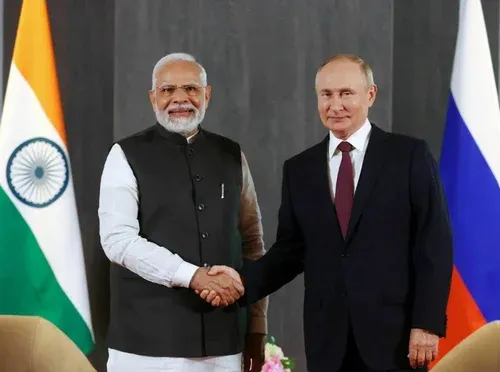
The “Maharaja of Tariffs” Accusation
Navarro has repeatedly referred to India as the “Maharaja of tariffs,” alleging that New Delhi imposes some of the highest tariffs among major economies. “There’s a two-prong problem with India... Twenty-five percent is reciprocal—because of unfair trade—and the other 25 percent is because India is buying oil from Russia,” he stated. He accused India of denying these high tariffs, claiming, “They are in denial about that... They try to tell everybody that it’s not true—and it is demonstrably true.” This narrative frames India’s trade policies as detrimental to American workers and businesses, justifying the U.S.’s aggressive tariff measures.
India, however, has countered these claims, arguing that its tariffs are necessary to protect domestic industries and that the U.S. tariffs are “unjustified and unreasonable.” The bilateral trade between India and the U.S. stood at $131.8 billion in 2024-25, with India exporting $86.5 billion worth of goods to its largest market. The 50% tariffs, affecting over 55% of Indian exports, particularly in labor-intensive sectors like textiles and jewelry, have led to warnings of job losses and industry closures in India, prompting strong pushback from New Delhi.
Controversial “Brahmins Profiteering” Claim
Navarro’s rhetoric took a controversial turn when he invoked caste, alleging that “Brahmins are profiteering at the expense of ordinary Indians” through India’s purchase of discounted Russian oil. This statement, made during a Fox News interview, has been widely criticized for exploiting India’s social fault lines and undermining diplomatic norms. By addressing the Indian public directly, Navarro’s comments appear to bypass official channels, a move some analysts interpret as an attempt to sow discord within India. The remark has drawn sharp backlash, with critics arguing it reflects a lack of understanding of India’s complex socio-cultural dynamics and risks inflaming domestic tensions.
Navarro’s use of caste-based language has been particularly contentious, given the sensitivity of such issues in India. Critics have pointed out that his comments not only oversimplify the economics of India’s oil trade but also undermine decades of diplomatic efforts to strengthen India-U.S. relations. The Indian government has not directly responded to Navarro’s caste remarks, but External Affairs Minister S. Jaishankar has previously dismissed claims that India’s oil purchases fund the Ukraine war, emphasizing that the strategy originated from Western policies, including the G7’s $60-per-barrel price cap on Russian oil.
“Kremlin Laundromat” Allegation
Navarro has repeatedly described India as a “laundromat for the Kremlin,” alleging that Indian refiners purchase discounted Russian crude, process it, and export it at a premium, thereby funneling profits to Moscow. “It kills Ukrainians... And what do we have to do as taxpayers? We’ve got to send them more money,” he claimed, linking India’s oil trade to increased U.S. financial aid for Ukraine. He further argued that India’s actions harm American workers by contributing to a $50-billion trade deficit and indirectly funding Russia’s war efforts.
India has refuted these allegations, with Oil Minister Hardeep Singh Puri asserting that its oil purchases comply with international regulations, including the G7 price cap, and have helped stabilize global energy markets. India’s imports of Russian crude surged from less than 1% to nearly 40% of its total intake since the Ukraine conflict began in 2022, driven by steep discounts. Puri emphasized that these transactions use legal shipping, insurance, and audited channels, dismissing claims of profiteering. Notably, the U.S. itself imports refined petroleum products from India, sourced from Russian crude, highlighting inconsistencies in Navarro’s accusations.
India’s Defense of Its Energy Strategy
India has consistently defended its purchase of Russian oil as a necessity to ensure energy security for its 1.4 billion citizens. The shift to Russian crude began in 2022, following Russia’s invasion of Ukraine and the subsequent G7 price cap, which allowed India to buy oil at discounted rates while keeping global supplies stable. Indian officials argue that halting these purchases would spike global oil prices, adversely affecting domestic consumers and economies worldwide. The country’s energy strategy also reflects its historical reliance on Middle Eastern oil, with Russia now filling a gap created by Western sanctions.
India’s stance has been supported by some international observers, who note that other major economies, including China and Turkey, also purchase significant volumes of Russian oil without facing similar U.S. tariffs. The selective targeting of India has led to accusations of double standards, especially since the U.S. continues to import Russian uranium and fertilizers. Indian leaders, including Modi, have emphasized strategic autonomy, balancing relations with both Russia and the U.S. while pursuing peace initiatives, such as Modi’s recent discussions with Ukrainian President Volodymyr Zelenskyy.
Broader Implications for India-U.S. Relations
Navarro’s remarks and the U.S. tariffs have strained India-U.S. relations, which U.S. Secretary of State Marco Rubio recently described as a “defining relationship of the 21st century.” The tariffs, affecting 66% of India’s exports to the U.S., threaten industries like textiles and jewelry, with exporters warning of job losses and canceled orders. Meanwhile, India’s growing ties with Russia and China through platforms like the SCO highlight its commitment to a multipolar world, challenging U.S. efforts to isolate Moscow.
Despite the tensions, some U.S. officials, such as Treasury Secretary Scott Bessent, have struck a softer tone, suggesting that India and the U.S. will resolve their trade disputes. However, Navarro’s aggressive rhetoric, including his claim that the Ukraine conflict is “Modi’s war,” has drawn criticism for undermining decades of diplomatic progress. As India continues to navigate its strategic partnerships, the fallout from Navarro’s comments and the U.S. tariffs will likely shape future bilateral engagements.
Comment / Reply From
No comments yet. Be the first to comment!
